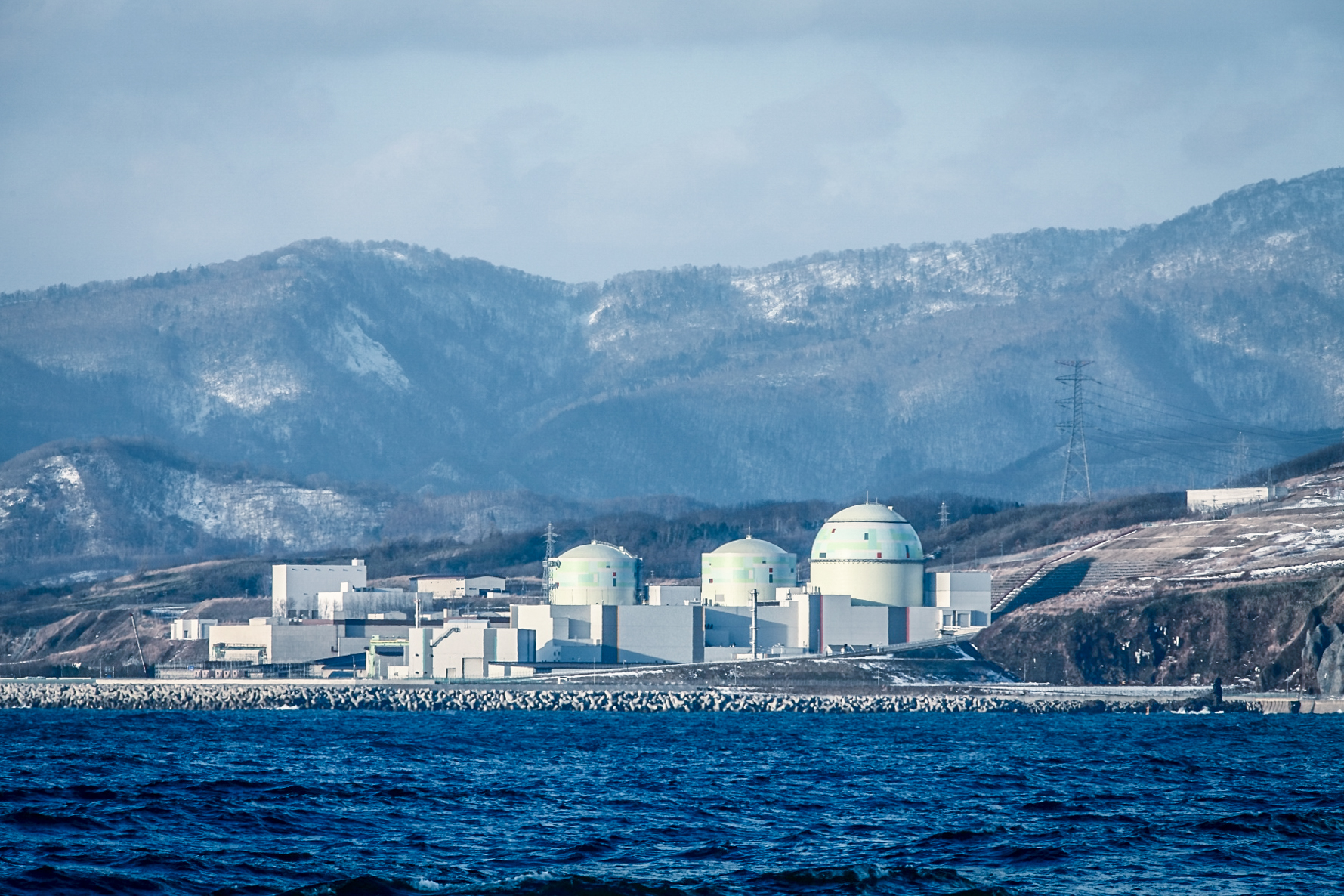With the restart of the Kashiwazaki Kariwa NPPs coming under increasing scrutiny, the prefecture’s stance has become a focal point of Japan’s national energy policy. Although the central government had concluded its public briefings across all 28 municipalities in Niigata by February, Gov. Hanazumi expressed concern that “briefings limited in time and location are insufficient,” suggesting the difficulty of fully consolidating public understanding.
In addition to those consultations, the prefectural technical committee submitted its final report, and on April 2, the review team of the Nuclear Regulation Authority of Japan (NRA) approved a report on revisions to evacuation planning guidelines, both seen as important elements for future decision-making.
The ordinance was discussed in an extraordinary session of the assembly convened on April 16. A special committee held hearings with experts before rejecting the ordinance. The proposal was then brought to the full assembly, where a revised version was also rejected by majority vote.
Members of the Liberal Democratic Party (LDP) in the assembly opposed the referendum, arguing that the question of restarting NPPs requires a complex and comprehensive evaluation beyond the scope of a simple binary public vote. “Policy decisions must be made with expertise to ensure responsibility, safety, and fairness,” one LDP member stated.
In contrast, proponents of the referendum emphasized the democratic value of directly confirming public sentiment, particularly given the constitutional provisions for local autonomy. They argued that direct democracy mechanisms such as referendums play an important role in supplementing representative democracy, particularly in issues deeply impacting local communities. “A referendum is a meaningful way to supplement representative democracy and ascertain the will of the people,” argued one assembly member. Some members also voiced concern about the high cost of holding such a vote, estimated to exceed JPY 800 million (approximately USD 5.6 million).
Gov. Hanazumi had been scheduled to hold a regular press conference on April 23, where he was expected to comment on the assembly’s decision.
This was not the first time a prefectural assembly in Japan had debated a referendum ordinance related to nuclear energy. In June 2020, a similar discussion took place in the Ibaraki Prefectural Assembly regarding Japan Atomic Power Company’s Tokai Daini NPP. While some referred to the case of the U.S. military base relocation in Henoko, Okinawa, most legislators ultimately concluded that nuclear energy—as a matter of national policy—should be decided by the central government


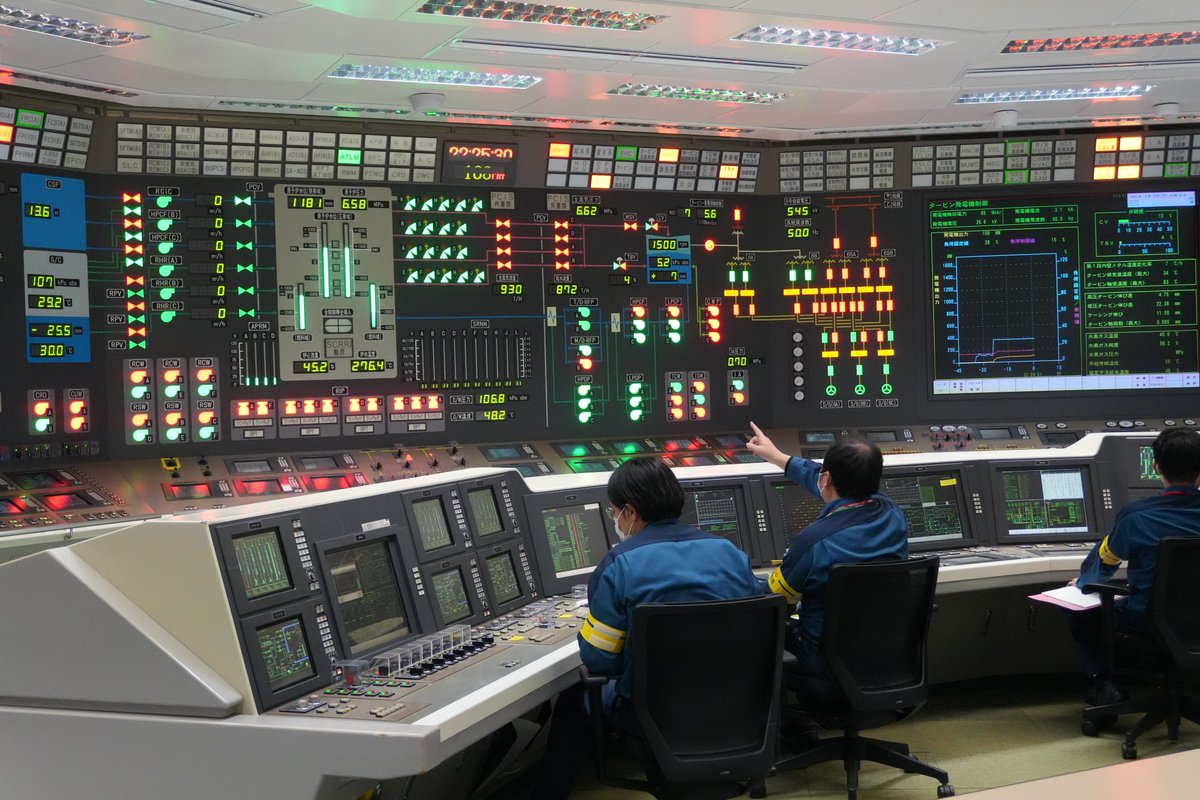
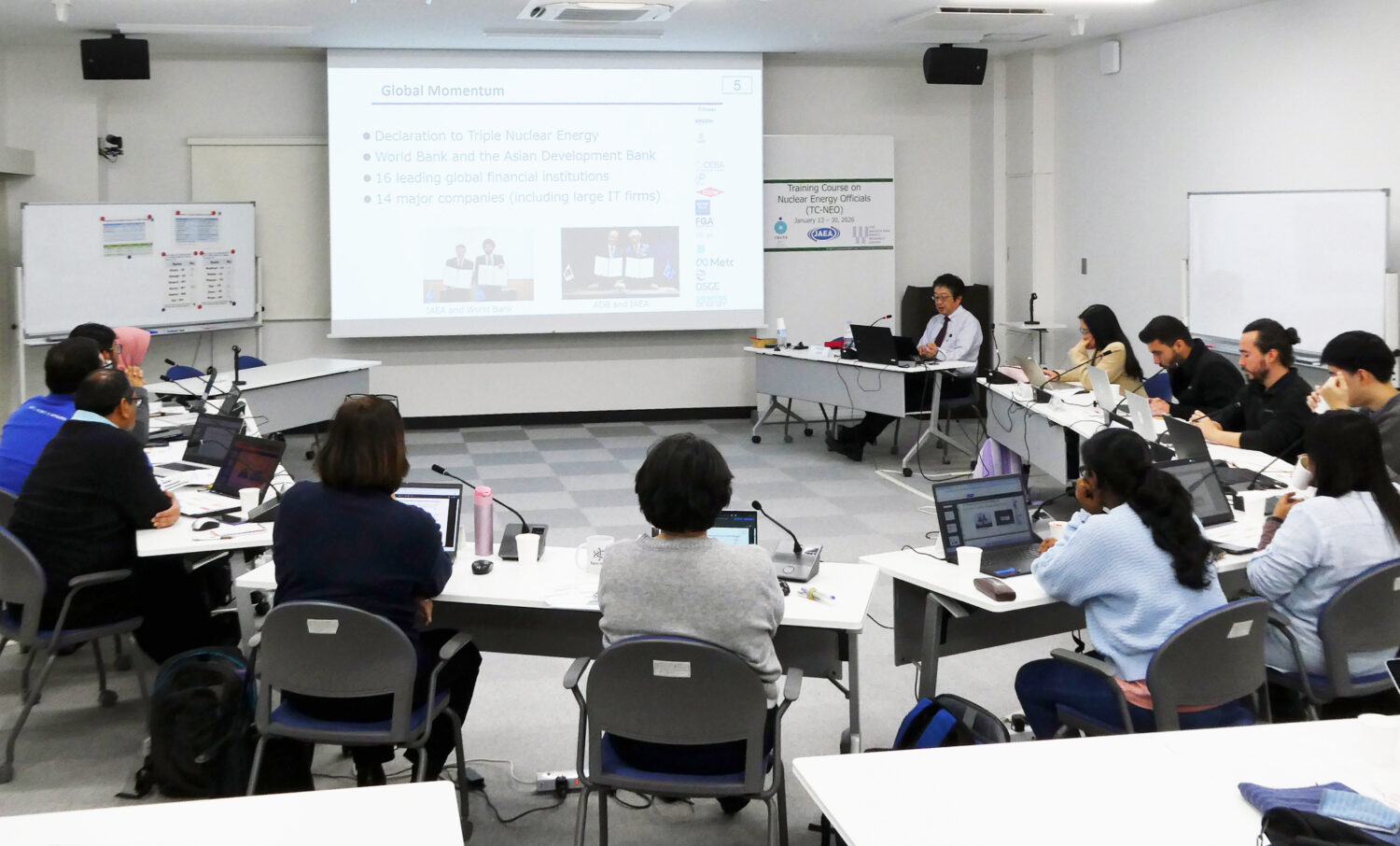
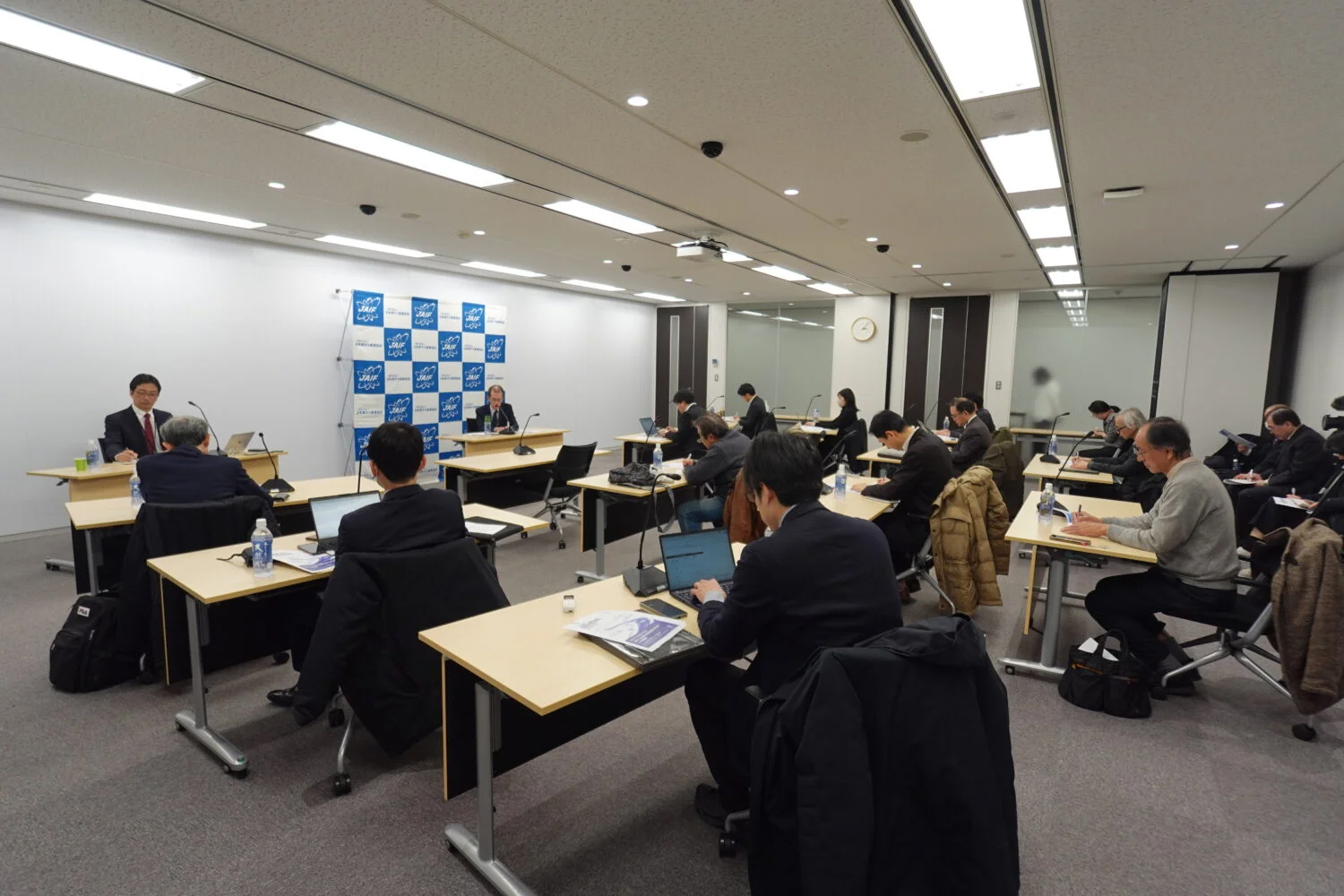
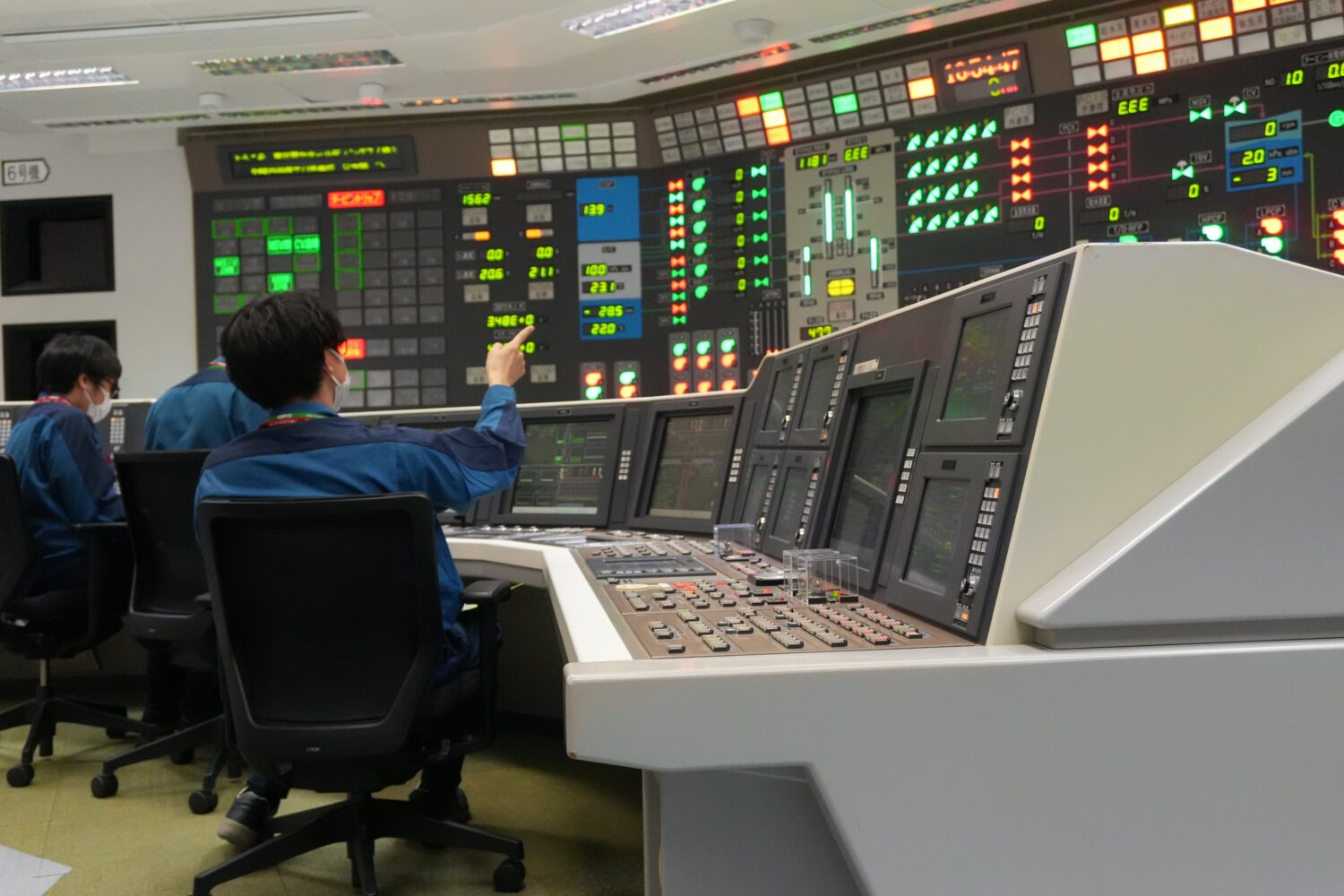
-013.jpg)
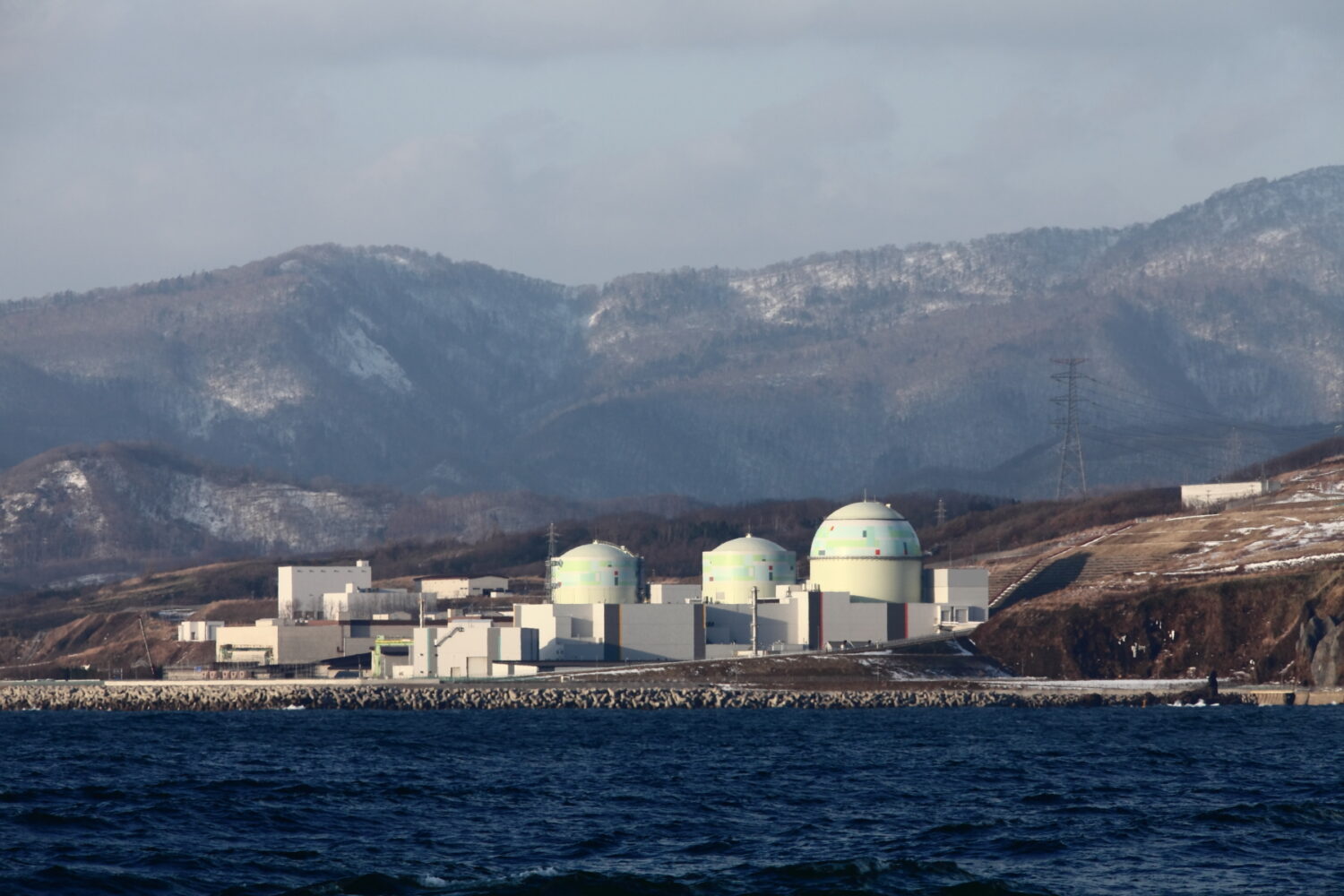
-049.jpg)
.jpg)

